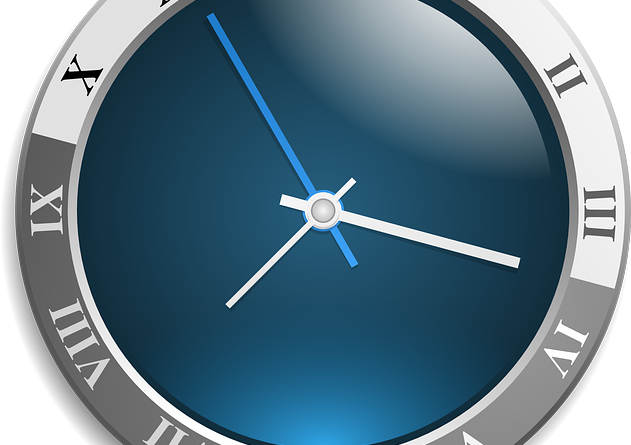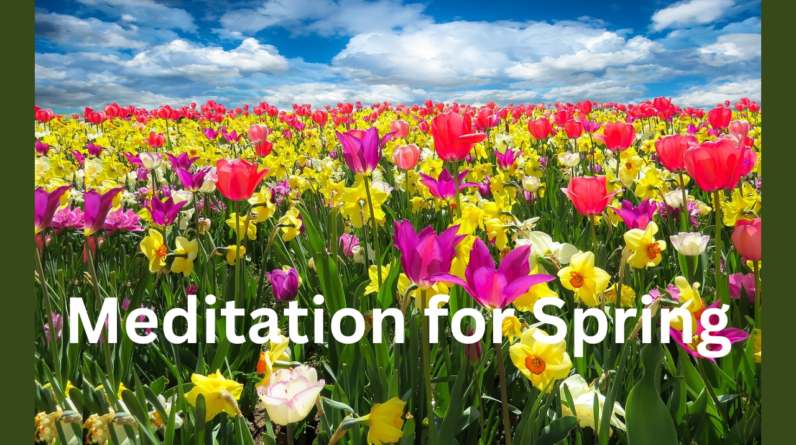
“It’s not just what you eat, but the time of day you eat it,” Anahad O’Connor, The Washington Post, 1/10/23, https://www.washingtonpost.com/wellness/2023/01/10/meal-timing-big-meals/

In this Washington Post article, Anahad O’Connor talks about the importance of when you eat. An emerging field of research deals with this topic, known as chrono-nutrition. I think this information correlates in interesting ways with views that Traditional Chinese Medicine (TCM) has espoused for a long time.
First, here are a couple quotes from O’Connor’s article:
“Studies show that for optimal health, it’s best to consume most of your calories earlier in the day rather than later—for example by eating a large breakfast, a modest lunch, and a small dinner.”
“This pattern of eating aligns with our circadian rhythms, the innate 24-hour clock that governs many aspects of our health, from our daily hormonal fluctuations and body temperatures to our sleep-wake cycles.”
Contrary to this advice, many people do the exact opposite—skip breakfast and binge at night. Of course, some people have work schedules, etc., that force an alternate meal timing.

We metabolize food better earlier in the day. Meal timing “can have striking effects on your weight, appetite, chronic disease risk and your body’s ability to burn and store fat.”
In one study in which participants moved their eating schedule to later in the day, “Eating later caused their levels of ghrelin, a hormone that increases appetite, to spike, while simultaneously suppressing their levels of leptin, a hormone that causes satiety.”
The researchers who were cited in the article provide some basic tips on timing what you eat:
- Don’t skip breakfast.
- Morning carbs are better than late-day carbs.
- Try to eat dinner early in the evening—at least 2-3 hours before going to bed.
- Make dinner the smallest meal of the day.
- Try meal-timing at least five days a week.
There are several biological reasons behind this approach, including:
- Our bodies are better able to secret insulin, a hormone that controls blood sugar levels, in the morning.
- We are more insulin-sensitive early in the day—our muscles are better able to absorb and use glucose from our bloodstreams.
- Eating late at night suppresses the enzyme lipase, essentially preventing the body from burning fat.
Now, let’s compare this information to the energy channel hours of operation according to TCM:
5-7am: Large Intestine
7-9am: Stomach
9-11am: Spleen
11am-1pm: Heart
1-3pm: Small Intestines
3-5pm: Bladder
5-7pm: Kidney
7-9pm: Pericardium
9-11pm: Triple Heater
According to TCM, various organs have primary duty during two-hour cycles of the day. Do you see where the major digestive organs lie within the timeframe? Breakfast is the time that has the best coverage, with the large intestine on duty 5-7am, and the stomach on duty 7-9am. Furthermore, the small intestines help out with lunch, 1-3pm. To me, this is confirmation–from a long time ago–that it is indeed beneficial to have your largest meal for breakfast, a more modest meal for lunch, and then the smallest meal for dinner.
In our Qigong classes, we often speak of the 24-hour body clock and its ramifications for living a healthy life.






